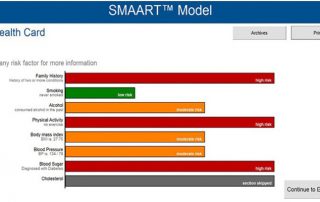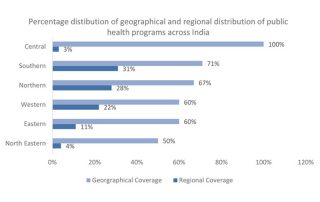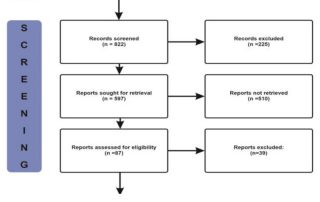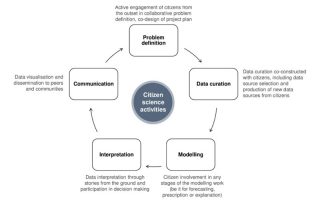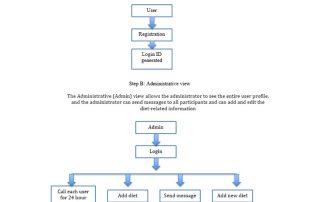Swasthya Pahal (Health for All): A Digital Health Intervention to Address Chronic NCDs
The World Health Organization (WHO) describes non-communicable diseases (NCDs) as chronic ailments of the long term as a consequence of an interplay of genetic, behavioral, physiological, and environmental factors. India faces a huge burden of NCDs as it has undergone demographic and epidemiological shifts, leading to a transition from infectious diseases to NCDs. Consumption of tobacco and alcohol, sedentary lifestyle, [...]

